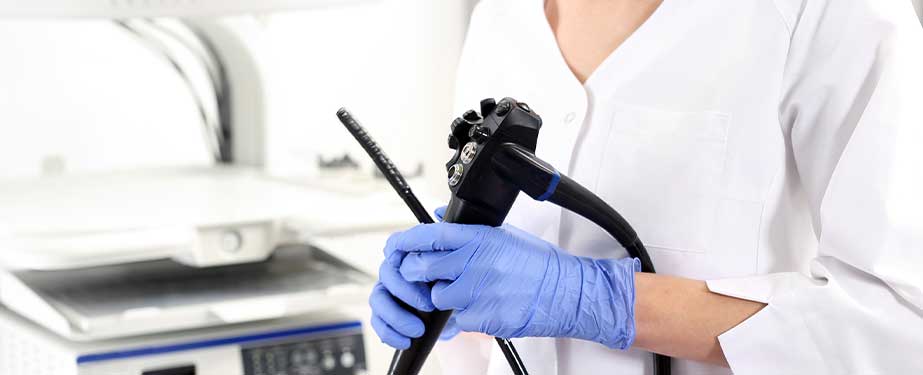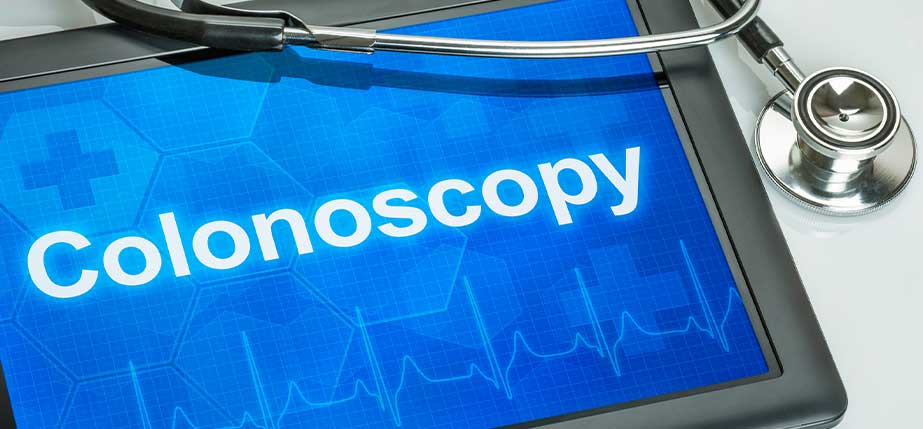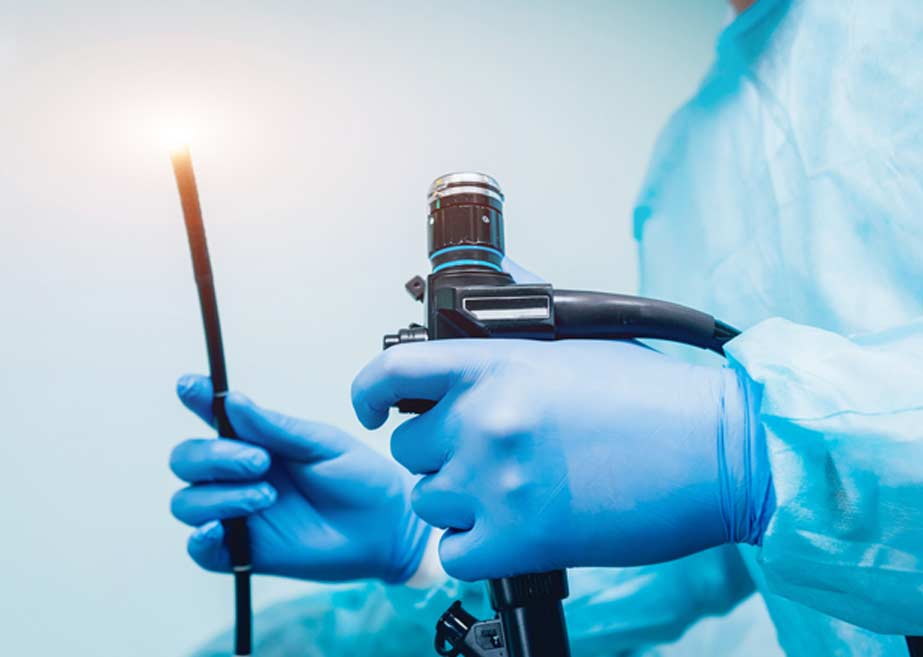A colonoscopy is a type of test performed to evaluate the large intestine (colon) and rectum.
It's performed with a four-foot long flexible tube with an attached light source called a colonoscope. It's a testing procedure often done as part of a routine screening for colon cancer, which is the second-leading cause of cancer fatalities in the United States.
Why Is a Colonoscopy Done?
For individuals over the age of 50, a colonoscopy is often done for routine screening purposes. This procedure may also be performed if a patient is experiencing unexplained abdominal pain, chronic constipation, rectal or anal bleeding, intestinal issues, or chronic diarrhea. It can also be a follow-up procedure to look for signs of more polyps if a patient has had previous issues with polyps.


What Are Necessary Preparations?
The colon must be clear in order to perform a colonoscopy. In order to achieve this goal, a patient is typically advised not to eat solid foods the day before the procedure is scheduled. Beverages may be limited to water and other clear liquids. Colonoscopy preparations may also involve:
- Taking a laxative the night before
- Using an enema kit
- Adjusting certain medications
- Temporarily stopping the use of supplements, especially ones with iron
- Avoiding stringy foods, foods with seeds, or red gelatin
How Is a Colonoscopy Performed?
When a colonoscopy is performed, some type of sedation may be used, along with IV pain medication to make the procedure more comfortable. The colonoscope is then inserted into your rectum. The scope, which is designed to span the entire length of the colon, is hollow so that carbon dioxide can be inserted to inflate the colon. The colonoscope will be slowly withdrawn once the last part of the small intestine (terminal ileum) or tip of the colon is reached.
A small camera attached to the scope allows images to be viewed on a monitor as the scope is being inserted. There may be some abdominal cramping or an urge to make a bowel movement that's felt as the procedure is performed. If necessary, additional medication may be given during the test. In some instances, the scope can be used to remove abnormal tissues or collect a biopsy sample to test. Polyps may also be removed during the procedure, which usually takes somewhere around half an hour to an hour to perform.

What Happens After the Procedure?
Depending on what type of sedation was used, there may be a need to recover from the effects. A special diet may be recommended if a growth or polyp was removed during the procedure. There may be a bloated feeling that lingers for a short period after the test. Results are considered negative if no abnormalities are found. If results are positive, follow-up care will depend on what was discovered.
It's estimated that about 1 in 3 people fail to have regular screenings as recommended. While a colonoscopy may be an uncomfortable test for some patients, the results can lead to the early detection and treatment of colon cancer, which increases the odds of responding well to treatment efforts. Risks associated with a colonoscopy are minimal for most patients.
